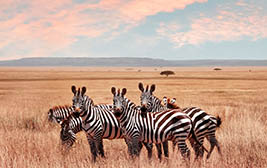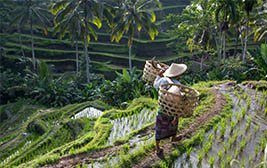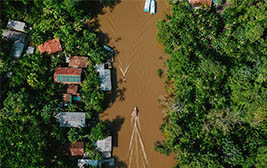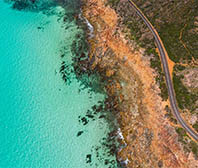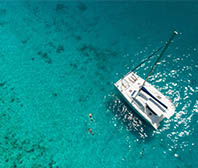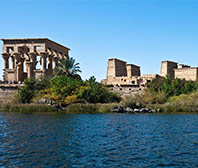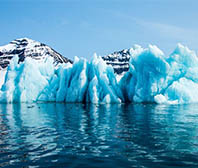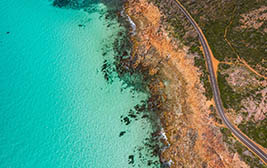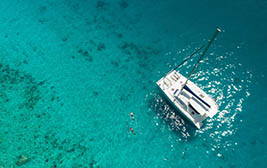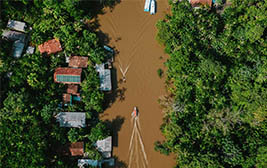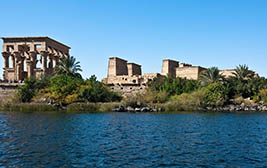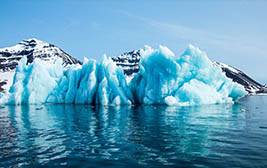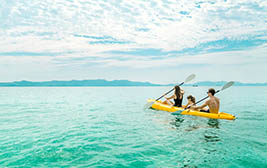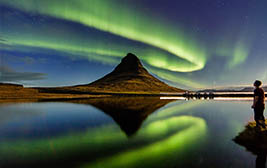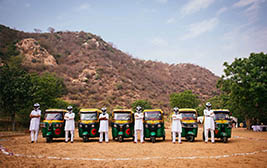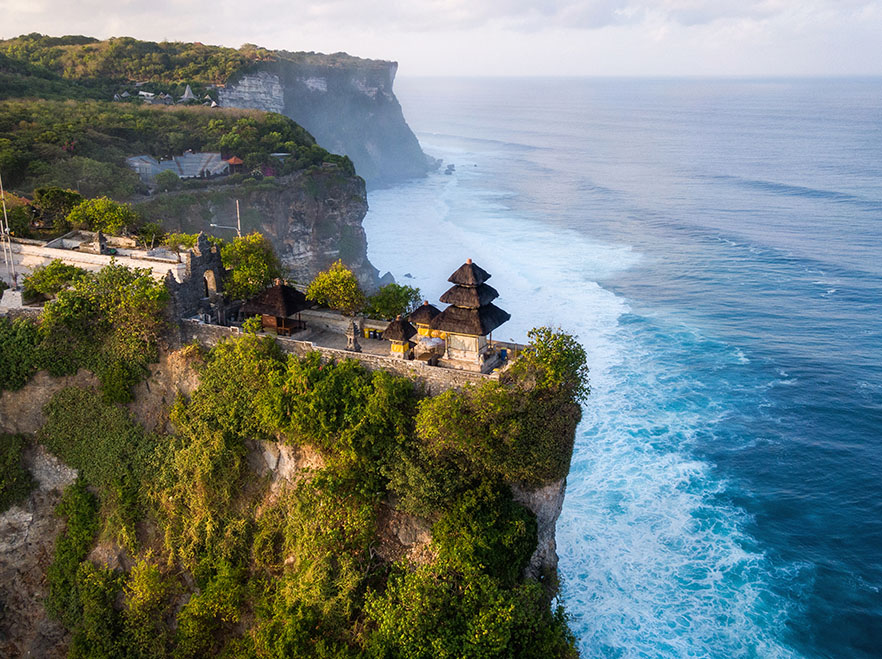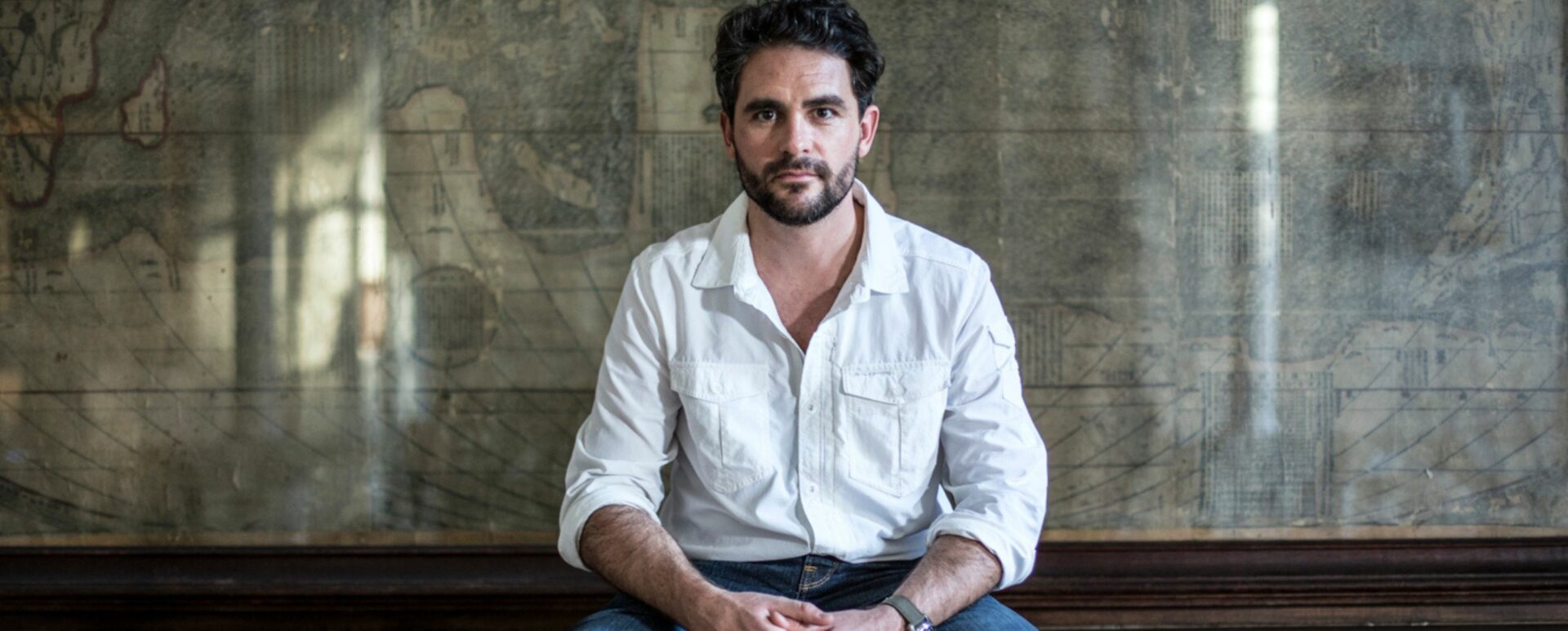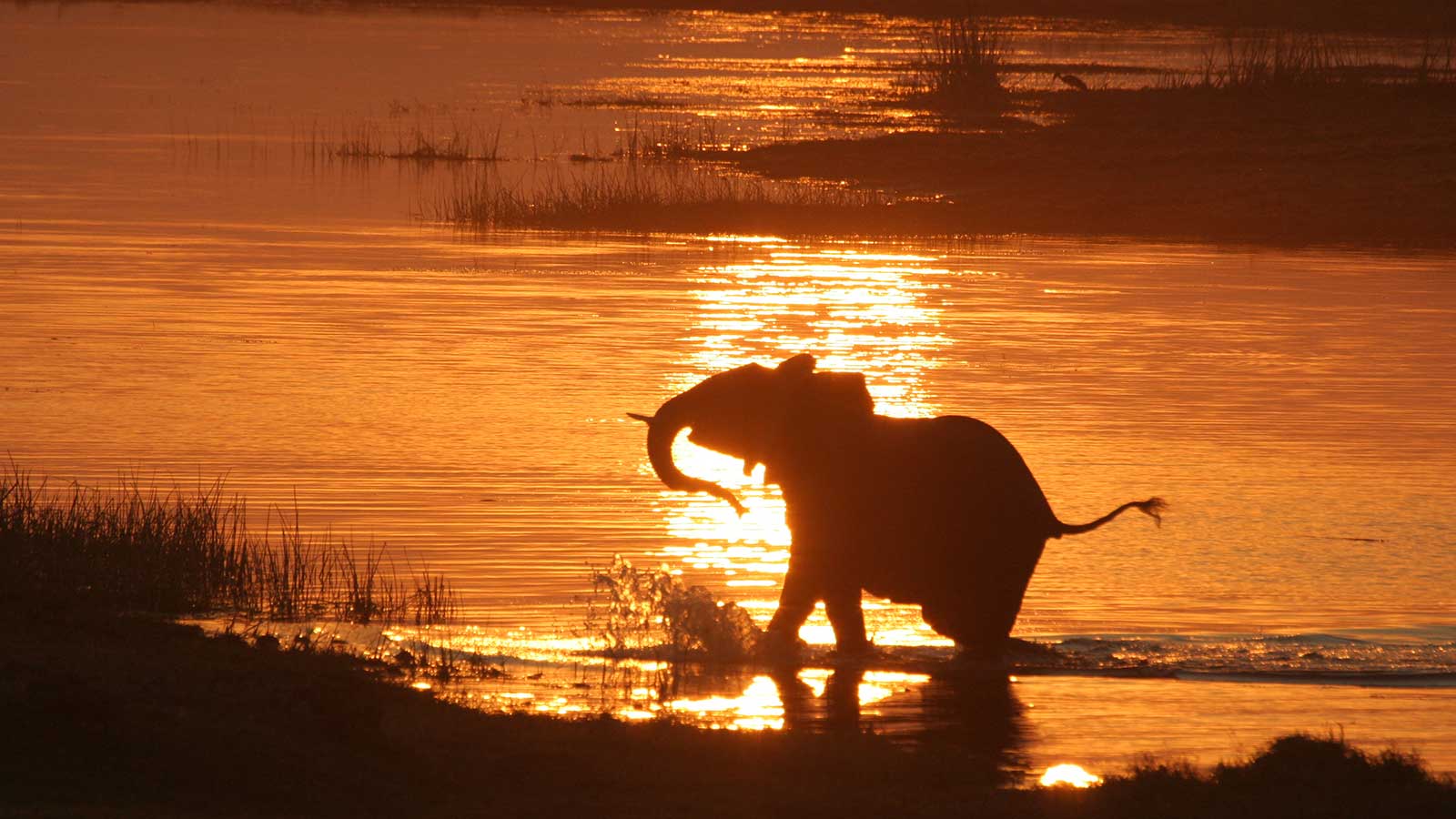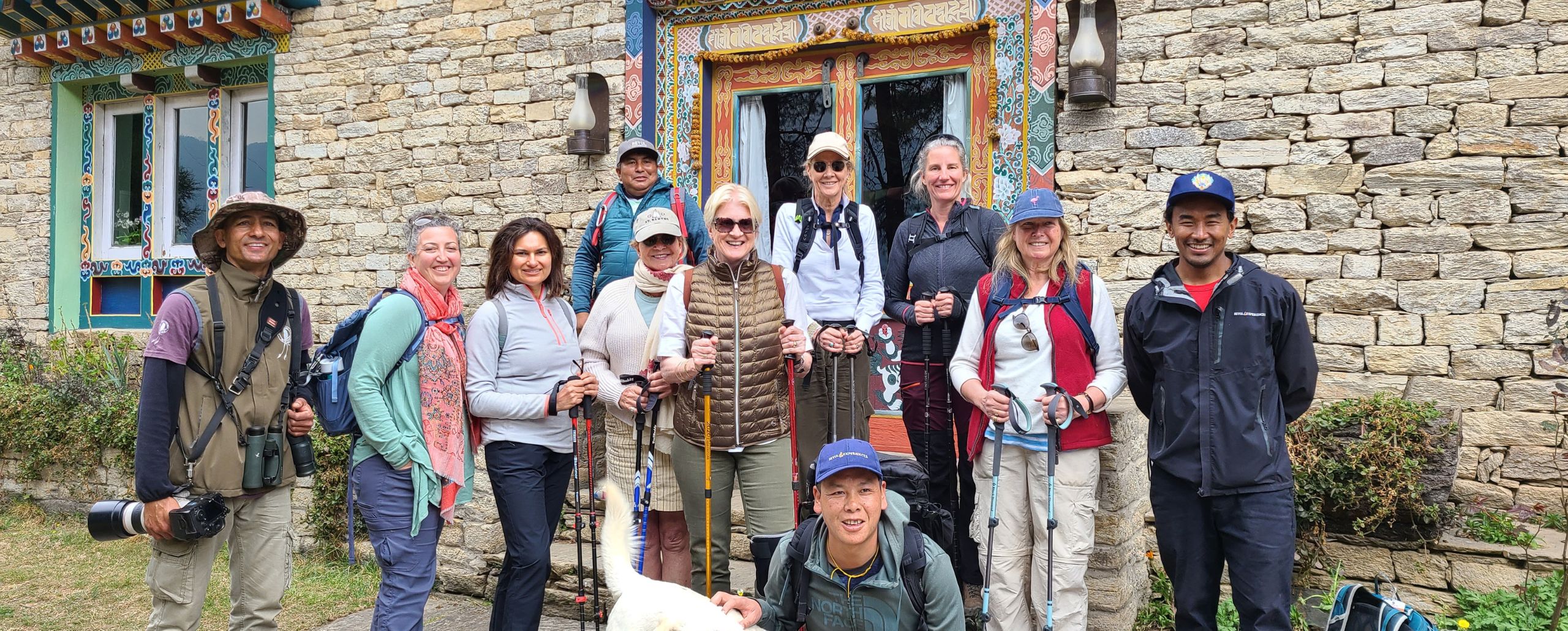An interview with explorer Levison Wood
We spoke to the well-known English explorer, writer and photographer, Levison Wood, about his past travels and future aspirations
As an explorer and traveller, how do you mentally and physically prepare for the challenges you face in remote and diverse environments? What is the secret?
As an explorer and traveller, mental and physical preparation is crucial for the challenges I face in remote and diverse environments. The secret lies in a combination of training, research and adaptability. I train physically to ensure I am fit and strong enough to endure the physical demands of the journey. Mentally, I prepare by studying the region, its culture, history and potential obstacles. I also practise mental resilience and flexibility, as unexpected challenges are bound to arise. Ultimately, it’s the ability to adapt and stay focused that allows me to overcome the obstacles and succeed in my expeditions.
